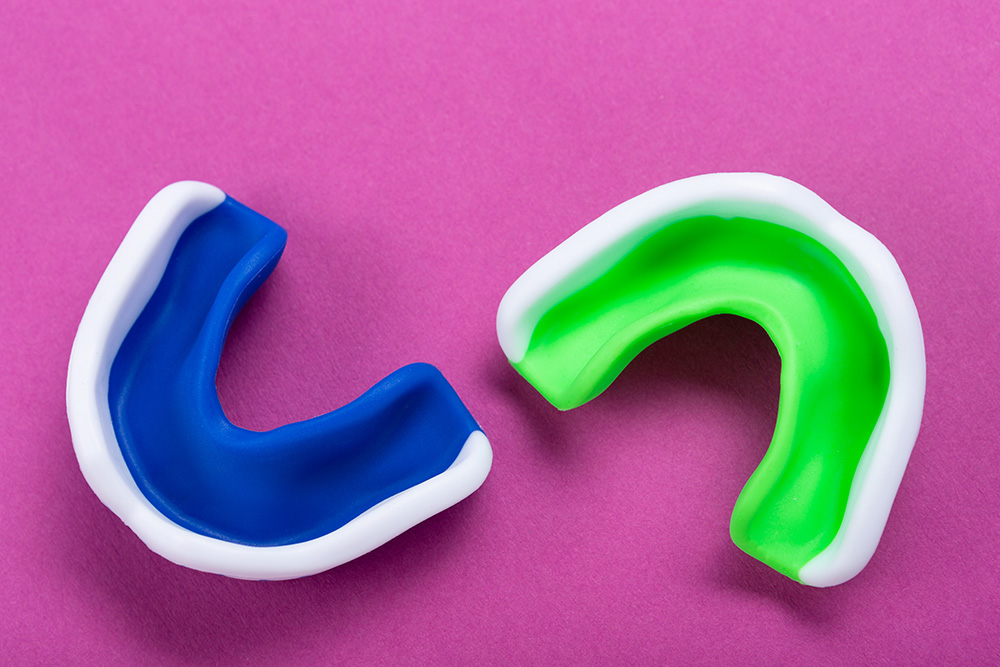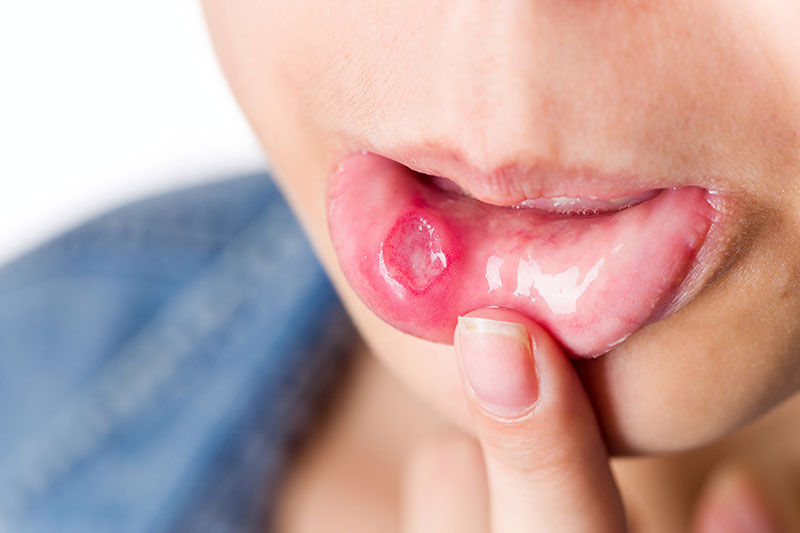
Learn How To Keep Your Teeth Clean While Wearing Braces
It is essential to make sure you keep your teeth, gums and mouth healthy with dental braces because you can be more susceptible to cavities, bacteria build up and gum inflammation during this time. Dental braces can be tricky to clean because there are more nooks and crannies where plaque can get trapped. Surfaces that require adequate and consistent cleaning are the biting surfaces of teeth, along the gum lines, in-between the teeth and around the brackets. Listed below is a range of tools that you should be using to help keep your mouth healthy during braces.
Electric Toothbrush
It is vital to use an electric toothbrush during orthodontic treatment to keep your teeth and braces clean and plaque-free. Electric toothbrushes can do a better job of cleaning than manual toothbrushes due to their electronic brush strokes. Electric toothbrushes come in an either circular or oval shape and use either an oscillating or a sweeping motion. Electric toothbrushes can help access areas that are difficult to get to with a manual toothbrush. Make sure to use your electric toothbrush at least twice a day.
Water Flosser
A water flosser is a tool that utilizes a jet of water to help flush out plaque from around the teeth, gums and brackets. A water flosser is the best way to access difficult areas that a toothbrush can’t fit, such as between the teeth. Make sure to use your water flosser at least once a day.
Floss & Floss Threaders/ Superfloss
Flossing can be tricky with dental braces, but floss threaders and super floss help speed up the process. Both of these tools have a rigid end that helps to poke the floss underneath the wire. Floss threaders use regular floss to loop through, and super floss is a pre-cut piece of floss. Make sure to use your floss at least once a day.

Proxabrush
This is a small pipe cleaner-looking brush that helps clean between brackets and underneath the archwire, which can be challenging to access. The small bristle protrusions trap and pull out plaque. Try to use your proxabrush at least once a day.
Dental cleanings are recommended more frequently during orthodontic treatment to help keep your teeth and gums clean, around every 3-4 months. If you have any questions about tools to use during orthodontic treatment, we encourage you to contact us to schedule an appointment today.




